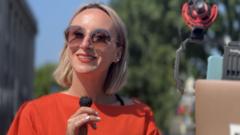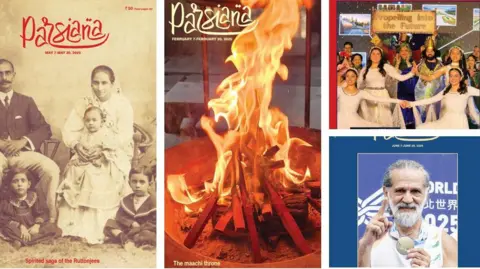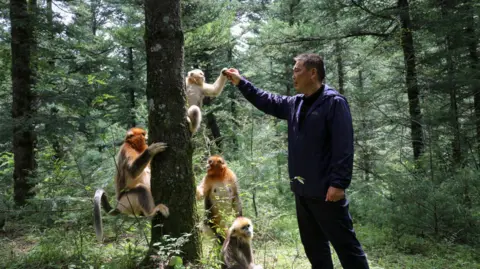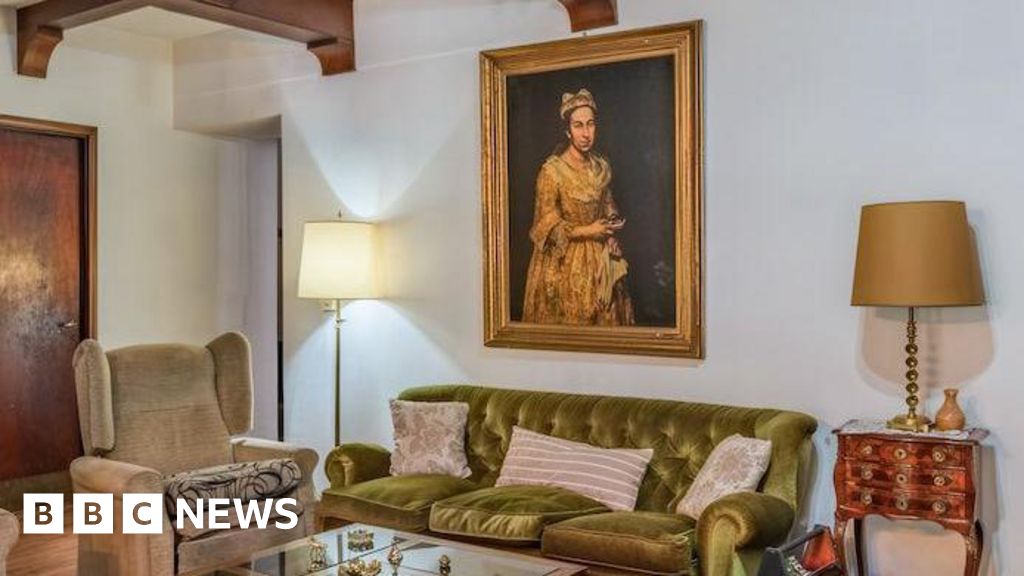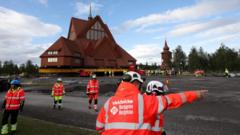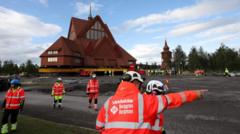I was all set for a typical day out when I hurried downstairs only to be met with disbelief; the spot where my cargo bike once occupied was now an empty void, the double lock I had secured to my apartment wall sliced through. My daughter frantically searched among the other bicycles, hoping perhaps someone had simply moved it. But sadly, it was indeed gone.
Cycling is a cornerstone of life in the Netherlands—part of what we like to call "Dutch DNA." Living car-free, my bike was essential for everything from school runs to grocery shopping. This wasn’t just any bike; my colleague Kate Vandy and I had transformed it into a mobile broadcasting studio we affectionately named the Bike Bureau. The concept for my series, "Dutch News from the Cycle Path," originated from a seemingly simple question posed by my daughter: “Why don’t you just tell people the news now?”
That bike enabled me to access breaking news on the go, broadcasting live from wherever I found myself, my daughter riding alongside me, making working motherhood visible, joyous, and authentic. It represented so much more than just a means of transport; it was a mobile facility that allowed me to share stories and experiences with the world.
The response to my bike’s theft has been overwhelmingly supportive. I reported it to the police, but soon they closed the case, citing a lack of leads. Yet, my local community rallied to support me after I shared the news on social media. Neighbors checked in to express concern and fondness for seeing my family enjoy their city through its bike lanes.
“Why do so many people care?” my daughter wondered. Colleagues and friends showered me with messages after my Instagram post, with some referring to the bike as a visionary prototype for modern journalism. It served not only as a practical tool but as a relatable symbol of balancing motherhood with work, pushing boundaries on what using a cargo bike can mean.
Solar-powered and eco-friendly, it eliminated the need for traditional, heavy satellite trucks that often contribute to environmental pollution. According to a recent study from the Reuters Institute for the Study of Journalism, audiences are increasingly keen on stories that showcase individuals taking positive steps to combat climate change.
Some might be surprised by the prevalence of bike theft in a country known for its cycling culture. However, statistics reveal a troubling trend: over 86,000 bicycles were reported stolen in 2022 in the Netherlands, marking a significant increase. The most common outcome is that stolen bikes are dismantled for parts or sold. My e-cargo bike, which I invested nearly €5,000 (£4,200) into, cost more than my old car. Though no financial loss was incurred by the BBC, the bike’s loss feels akin to losing a friend.
This bike not only mirrored my independence but also contributed to my daughter’s whimsical upbringing, filled with nature, picnics, and delightful adventures. The theft has spurred discussions on urban safety, cycling infrastructure, and the challenges facing working mothers. More so, it underscores the importance of community and the power of authentic storytelling from the saddle.
While I may never recover my bike, the memories and lessons it provided are irreplaceable.

